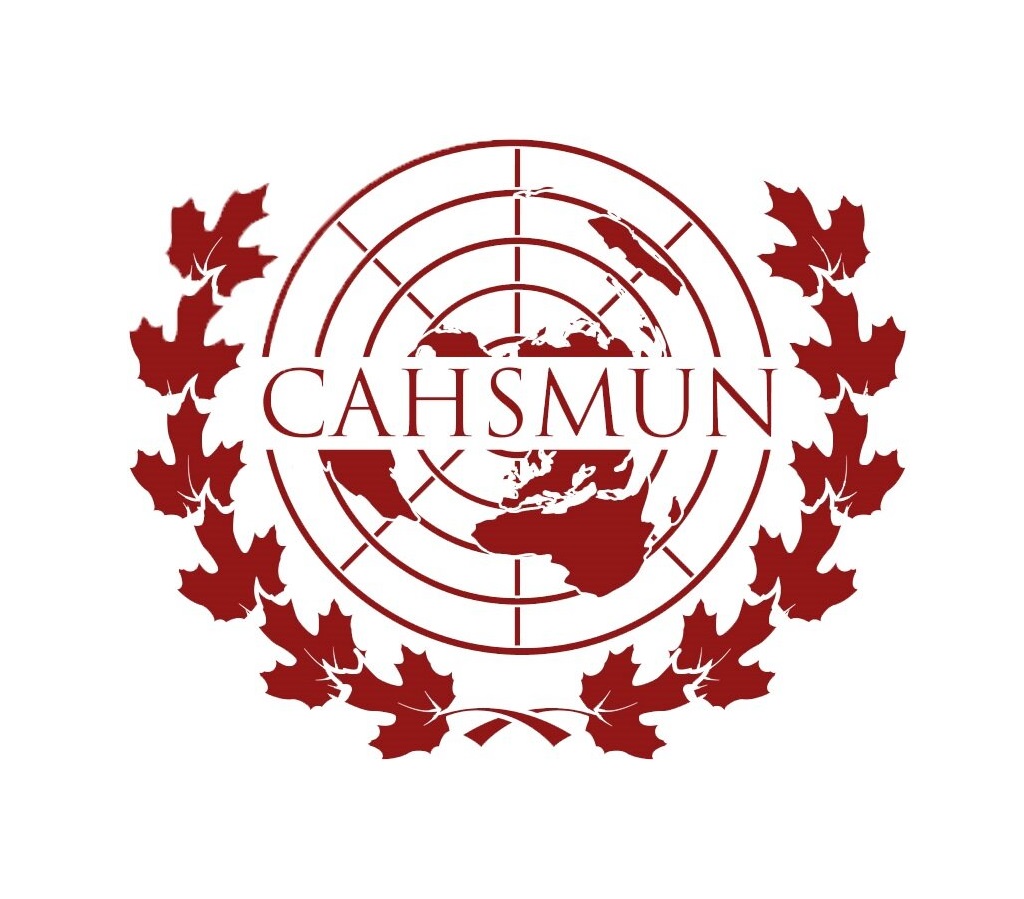- Debates on tourism and resource extraction in Antarctica
- With an evenly divided committee, which bloc will prevail?
In the Atlantic Treaty System, the most unlikely of blocs have formed. The committee has centered their discussions around the critical issue of climate change in Antarctica, deciding the future of the coldest, most remote place on Earth. Governments have been continuously debating over resource extraction and tourism in particular, leading to the stark divide within the committee.
On one hand, the Russian Federation and United Kingdom have joined together to advocate for more tourism and oil extraction. They emphasize the economic benefits and recognize that “many countries rely on the tourism industry in Antarctica for their economy.” However, their unexpected opposition disagrees. The People’s Republic of China and the United States of America have expressed concerns about the detrimental impact of such measures on climate change and Antarctica’s fragile ecosystems. The bloc argues the harmful effects of tourism and commercial exploitation on Antarctica, and holds firm in protecting the “pristine isolation” of the continent.
A significant area of consensus, however, was on the governance framework for Antarctica. Russia and the UK led efforts to establish democratic voting systems and oversight groups which aims to regulate resource extraction and ensure “equitable distribution among nations relative to individual needs.” They also proposed demilitarizing Antarctica to maintain its role as a scientific haven for research.
Both nations stressed the need for sustainable energy solutions like nuclear power to support the region’s development without compromising its ecological integrity.
As discussions continue, balancing economic interests with environmental protection and sustainability remains as the major dividing factor. The committee will soon be moving to voting procedures, and it is in everyone’s interest to see which unlikely combination of governments prevail.
